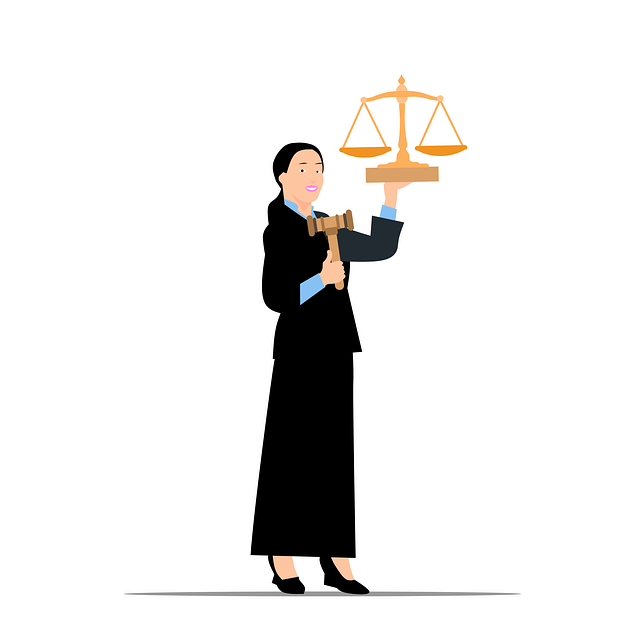C-Level Investigations probe executive allegations from ethical breaches to criminal offenses, upholding organizational integrity and accountability. Examples of Workplace Rights Violations include fraud, embezzlement, discrimination, harassment, and misclassification. Strategic investigations with defined protocols mitigate legal risks, build trust, prevent indictment, promote compliance, and enhance productivity. Post-investigation findings guide risk mitigation, strengthen internal controls, align with standards, protect reputations, and secure financial stability through proactive issue correction.
“In today’s professional landscape, effective C-Level investigations are paramount for fostering ethical workplaces. This comprehensive guide delves into the intricacies of these inquiries, offering a clear overview and strategic insights. From understanding common workplace rights violations—such as discrimination, harassment, or unethical practices—to launching successful internal investigations, this article equips professionals with essential tools.
We explore post-investigation impact and prevention strategies, highlighting key findings from real-world examples, ensuring organizations can learn from past mistakes and create more robust work environments.”
- Understanding C-Level Investigations: A Overview
- Common Workplace Rights Violations Identified
- Launching Effective Internal Inquiries: Strategies
- Impact and Prevention Post-Investigation Findings
Understanding C-Level Investigations: A Overview

C-Level Investigations refer to high-level inquiries into allegations of misconduct or illegal activities involving executives and senior management. These investigations are crucial in addressing potential violations of workplace rights, which can range from ethical lapses to more severe criminal offenses. They are particularly important for maintaining integrity within organizations and ensuring accountability among leaders.
Examples of Workplace Rights Violations include but are not limited to financial misdeeds like fraud, embezzlement, or tax evasion—all of which constitute white-collar and economic crimes. Given the significant impact these actions can have across the country, thorough investigations are essential to determine culpability and ensure justice. In many cases, a complete dismissal of all charges may result if the evidence is insufficient or the conduct was not malicious, providing an opportunity for organizations to rectify mistakes and move forward with improved compliance measures.
Common Workplace Rights Violations Identified

In the course of C-Level investigations, certain patterns of common workplace rights violations have emerged. These range from discriminatory practices, such as unequal pay based on gender, race, or age, to harassment and hostile work environments. Additionally, misclassification of employees as independent contractors, leading to denial of benefits and protections, is a frequently encountered issue.
Many corporate and individual clients find themselves at risk of legal action due to these violations. By identifying and addressing such transgressions, organizations can not only avoid indictment but also foster a more inclusive, safe, and productive work environment for all employees. This proactive approach serves as a key strategy in upholding labor laws and ensuring compliance, ultimately safeguarding both corporate reputations and individual rights.
Launching Effective Internal Inquiries: Strategies

When launching internal investigations, organizations must be strategic and comprehensive to address potential issues effectively. A well-designed inquiry begins with a clear understanding of workplace rights violations, enabling investigators to focus on areas that warrant attention. For instance, breaches such as fraud, embezzlement, or harassment are significant red flags that signal deeper problems within the company.
To conduct successful internal probes, businesses should establish protocols that define roles and responsibilities, ensure confidentiality, and maintain a fair and unbiased approach. By adopting these strategies, companies can safeguard against legal repercussions, including indictment in severe cases of white-collar and economic crimes. Moreover, transparent investigations foster trust among employees and strengthen relationships within the philanthropic and political communities, thereby promoting a culture of integrity and accountability.
Impact and Prevention Post-Investigation Findings

Post-investigation findings play a pivotal role in mitigating risks and fostering a culture of integrity within organizations. When C-level investigations uncover violations, such as instances of fraud or abuse of workplace rights, it’s not just about delivering justice but also preventing future occurrences. Companies should view these findings as opportunities to strengthen internal controls and procedures, ensuring compliance with legal and ethical standards. By implementing robust risk management strategies, organizations can create a more secure environment, safeguarding their reputation and financial stability.
Moreover, understanding the nuances of white-collar defense is essential in navigating the complex landscape of workplace rights violations. Through meticulous investigations at all stages of the process—from initial detection to enforcement—companies can build winning challenging defense verdicts. This proactive approach allows for the early identification and correction of issues, demonstrating a commitment to transparency and accountability. As a result, organizations can minimize damage, protect their assets, and maintain the trust of stakeholders.
C-level investigations are essential for fostering a culture of integrity and accountability within organizations. By understanding the scope and impact of these inquiries, companies can proactively address common workplace rights violations such as discrimination, harassment, and ethical misconduct. Effective internal inquiry strategies, combined with meaningful post-investigation actions, ensure a safer, more inclusive work environment. Leveraging lessons learned from past investigations enables organizations to continually improve their policies and practices, ultimately preventing future violations.






